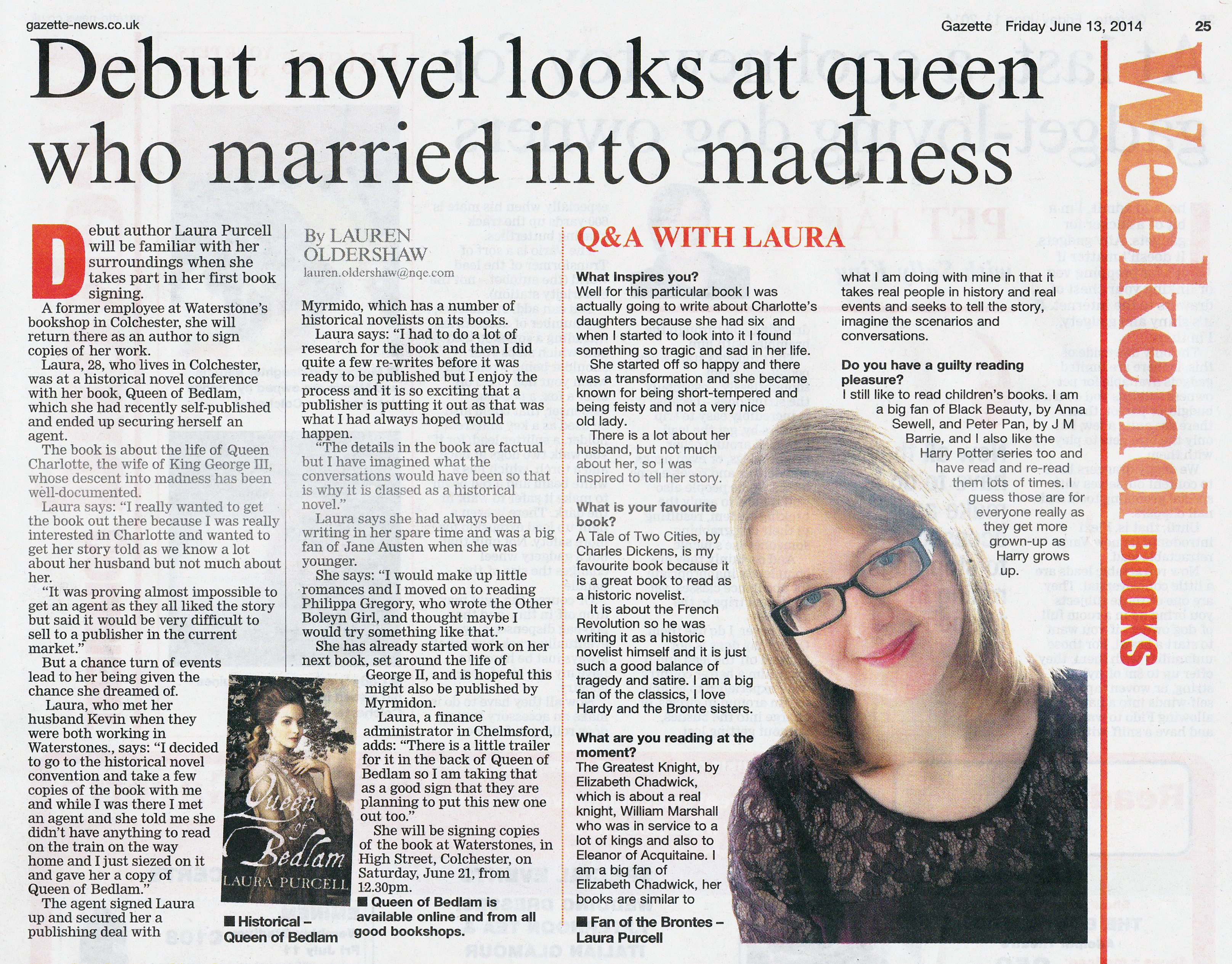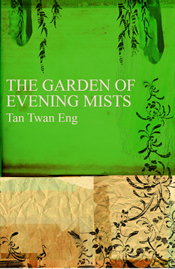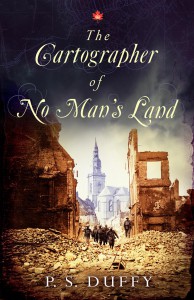July, Year One
HE LAY IN BLOOD, BRAINS EXPOSED UPON HIS HEAD. A nightmare had been unleashed and he should be dead. But he could still hear the voices of the living through the smoke; laughing, taunting, boasting. And he remembered. He was numb and in pain but he was alive even though it seemed he was in hell.
The bodies of the dead were around and upon him. Their souls called to him. Perhaps it would have been best if he had gone with them, to a place where the emotion couldn’t reach. All he had to do was remain supine and inhale the smoke and he would follow. Except the souls of the departed were urging him to stay. Vengeance, they said. Live, they said.
Now the smoke was thicker; the heat growing. The voices were retreating. He rolled onto his side and gently removed Joe’s arm from across his chest. He moved slowly on hands and knees away from the fire that would reduce the crime to ashes. Except in his mind. In his mind, he knew it would remain white hot.
Vengeance, his friends whispered. Vengeance.
July, Year Two
Chapter 1
ALBERT WAS MENDING THE BARN. It was an old wooden structure and he was nailing new boards across a gap he had made by pulling out rotten ones. Not the best repair in the world but, in this world, it would be enough. He was seventy and his eyesight was not as good as it once was, but his hearing was sharp as ever. At least, that’s what he told Billy, and that was why he kept the fully loaded pistol close to hand. He was crouching to nail the boards in place and the position was beginning to hurt his back. He sat down on the dirt floor for a rest.
The day was hot and the barn was hotter. An early heatwave. Weather forecasters might once have claimed this was the start of a barbecue summer. Albert snorted to himself. How many of those had they had? They hadn’t enjoyed a proper summer since 1976 when the reservoirs ran dry and people had complained it was too hot. Never satisfied, some people. The next memorable spell of good weather had been 2002 or 2003 sometime, but he couldn’t remember exactly when. Not that it mattered these days.
Nobody worried anymore about having a barbecue summer. Not since the virus had killed most of humanity and civilisation had collapsed. These days, they judged meteorological conditions only on whether they would be good for growing crops. Strange bloody world, these days, although he couldn’t say so to Auntie Marjorie. She wouldn’t disagree with the sentiment but she would object to the language. As if bloody was bad language. He’d used a lot worse in his time, which gave him pause to think again.
His time? It had been and gone and he cherished his memories. He’d been lucky to have had a happy marriage and lucky that his wife had died three years ago – before the virus. He’d been able to grieve properly and see that the proper funeral rites were followed. Lucky, too, he’d had no children, so that when the plague arrived, he had no close relatives to lose. Whole families had been taken, for Christ’s sake – whole towns. He had heard it said that less than one per cent of the world’s population had survived because of some built-in immunity, but who really knew? He laughed. He had also heard there were still pockets of survivors who were living on tins and waiting for the Americans to come and save them.
Albert now had more family than he’d known in years. Eight of them lived at Nab Farm. Auntie Marjorie was cook and ran the domestic arrangements and he oddjobbed as best he could because a bad back stopped him working in the fields. He had become surrogate grandad to Billy, a lively six-year-old. In fact, most of the others treated him as a grandad figure and called him Pops, even though he claimed 70 was not old, these days. These days. Mind, if he was honest, he did look and feel older than he actually was, a consequence of a lifetime of hard manual work as a builder that had resulted in a damaged back and two buggered knees, and he didn’t care if Auntie Marjorie didn’t like bad language. Why had an old wreck like him been spared when all those young people, like Billy’s parents, had died?
The barn was a pleasant place to be, even though it held the heat, and he could smell the fresh tang of sawdust from when he had cut the boards to size. Soft footsteps outside the open door alerted him. The little bugger won’t get me again, Albert thought, with a smile, and picked up his weapon. He aimed it at the slab of sunshine. His eyes weren’t good but he could tell it was a man who stood in the doorway and not a six-year-old.
‘Who’s that?’ he said.
‘Death,’ said a voice, and a flame and roar came from the man and a bullet ended Albert’s doubts about being spared. It hit him in the chest, throwing him backwards onto the floor, his finger tightening on the trigger of the blue plastic pistol he held that shot a jet of water into the air that fell to mingle with the blood pumping from his wound.
© Jon Grahame



